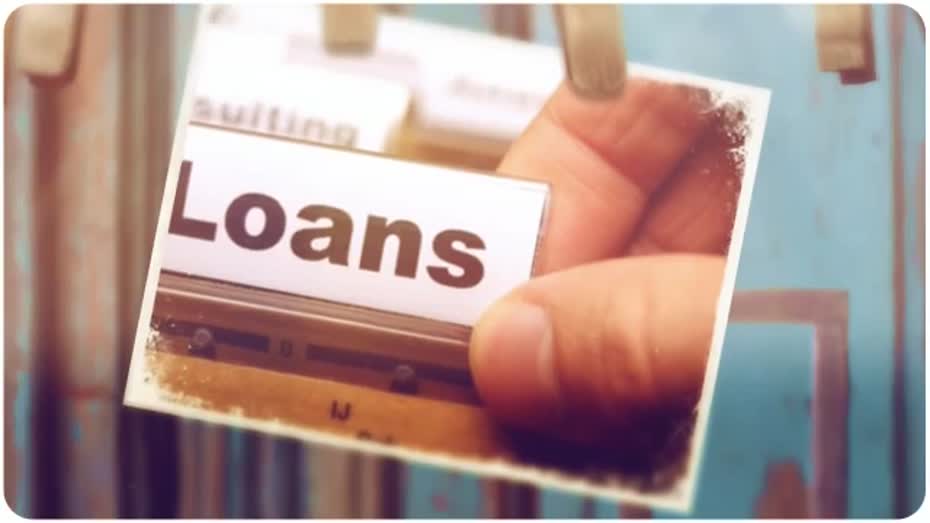A Simple Guide to Collateral Loans: What You Need to Know
If you are looking for a loan, you may or may not have heard of…
If you are looking for a loan, you may or may not have heard of the option of a collateral loan. Essentially, collateral is used to help you secure a loan. When you borrow money through a collateral loan, you are agreeing to hand over your property to the lender if you fail to repay the agreed amount for the loan, whether that be a vehicle, a house or an item of value.
Collateral loans make it possible for people to obtain large amounts of money even if they have a bad credit score. Traditional unsecured loans rely on an individual’s credit score and affordability in order to be eligible – but this makes it hard for those with adverse credit to get the funds they need. (Source: Payday Bad Credit). Hence the use of collateral allows you to leverage the value of your asset and get access to cash, even if it means potentially losing this if you cannot make repayments.

How Collateral Works
If you pledge an asset as collateral when securing a loan, the lender has a right to take whatever you have pledged for their own. As a borrower, you will have to show proof of ownership (Source: FCA) The lender is legally allowed to sell on your property (which is now theirs, as agreed by you in the contract) in order to obtain the money which, they should have been paid as part of your agreement. However, of course, lenders prefer to get their money back in cash form, but they will have to take action against you if they have no other option.
Types of Collateral
In order to secure the loan, you must put up an asset against your loan re-payment promise. Any asset which the loan provider accepts as collateral or which is allowed by law can serve as your collateral.
Typically, lenders prefer the assets to be items which are easily valued and can be sold for a cash return. You can even use the money in your savings account as an asset, which is very much favoured by lenders as it is easily valued and in the form of cash.
Other forms of collateral include:
- Vehicles
- Real Estate (this can include the equity in your home)
- Cash accounts (bear in mind that retirement accounts do not always qualify)
- Machinery
- Equipment
- Investments
- Valuables and collectables
- Future payments from customers (invoices)
- Insurance Policies
- Art
- Jewelry
- Your business
Alternatives to Collateral Loans
If you have a good credit score, then you may not have to go down the collateral loan route. You have far more options if your credit rating is good, as you will be seen as less of a risk by loan providers.
Simple examples are unsecured loans or personal loans – being unsecured, there is nothing secured against your loan. It is just your word that you will be able to repay, backed up by a history of good credit and strong employment.
You also have the combination of collateral and good credit – with a mortgage being the most popular example. You have to typically have good credit to get a mortgage and it is secured against your flat or home because it is simple such as big loan. Whilst there is collateral involved, having good credit will maximise the amount you can borrow and lower the rates you are potentially charged.





